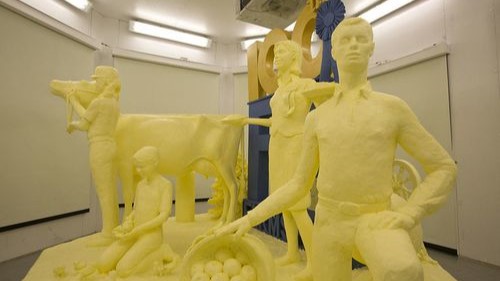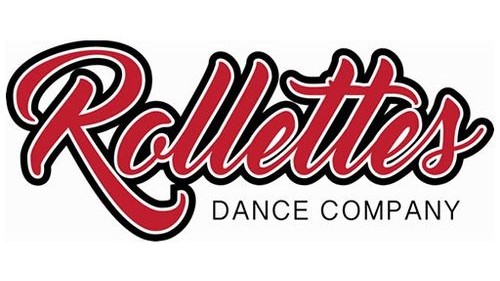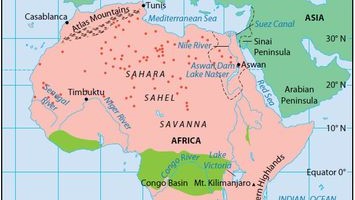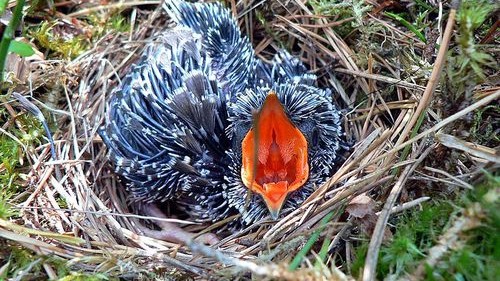Have you ever seen anyone prepare food with butter? Maybe you’ve seen someone spread a pat of solid butter on toast, or cook meat or vegetables in a pan with melted butter. Butter is a great option for adding flavor to a dish. It also happens to be a great way to learn about how a substance can change from a solid to a liquid!
Butter from the store is almost always in a solid form. If you hold butter from the store in your hand, you can tell it is cold and hard. Butter is usually kept in the refrigerator, which keeps the butter cold so that it stays solid. When the butter is solid, it holds its own shape.
Some solids become liquids when you add heat to them. Butter is one of them! When you heat up butter, it melts and turns into a liquid. For example, think about how someone cooks on the stove with butter. They probably put some solid butter into a pan, then turn up the heat. As the butter gets hotter, it becomes a liquid.
When the butter becomes a liquid, it flows. It doesn’t have a shape of its own. Instead, it takes the shape of its container. You can measure how hot liquid butter is with a thermometer. A thermometer measures the amount of heat in a substance. If you measured the temperature of liquid butter and solid butter, you’d find that the liquid butter is warmer. But be careful— if liquid butter gets too hot over the stove, it can burn! If that happens, the food you’re cooking won’t taste the same.
Cooking isn’t the only time it’s a good idea to keep track of the temperature of your butter. In fact, some places in the United States have butter sculptures at their state fairs. Artists carve complex sculptures out of large blocks of butter. These sculptures have to stay cold all the time in order to keep their shape. If a sculpture got too warm, it would lose its shape as it melted. If it got even warmer, the sculpture would become a huge puddle of butter! You could cool the butter down again to solidify it, but it’d be a tough task to return it to the special shape it once held.









